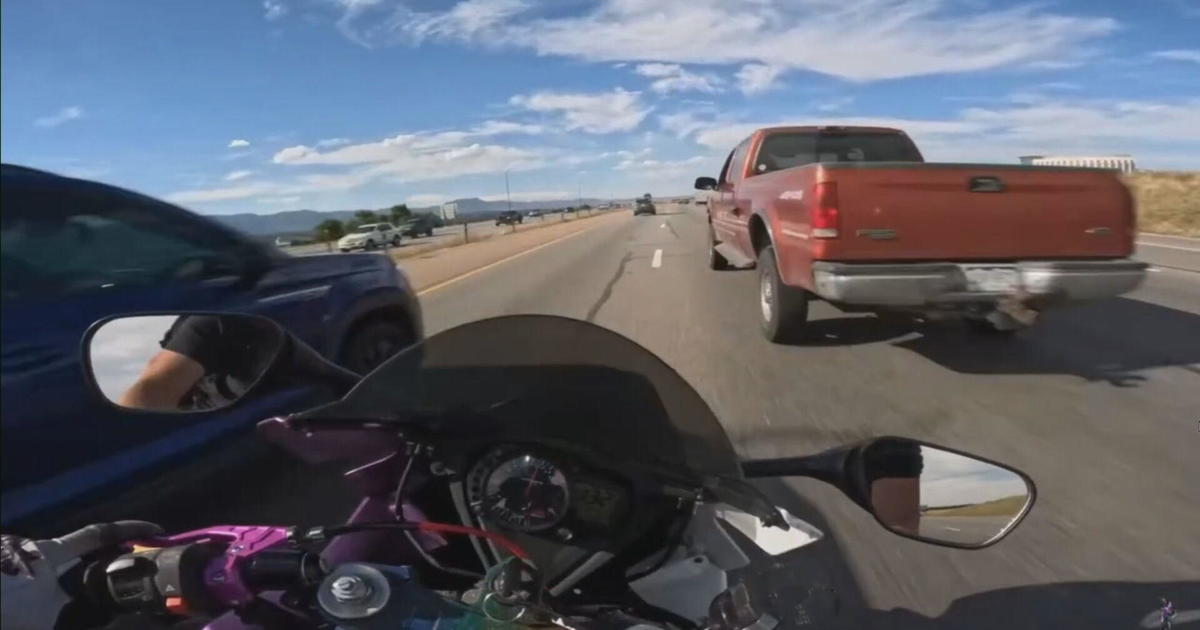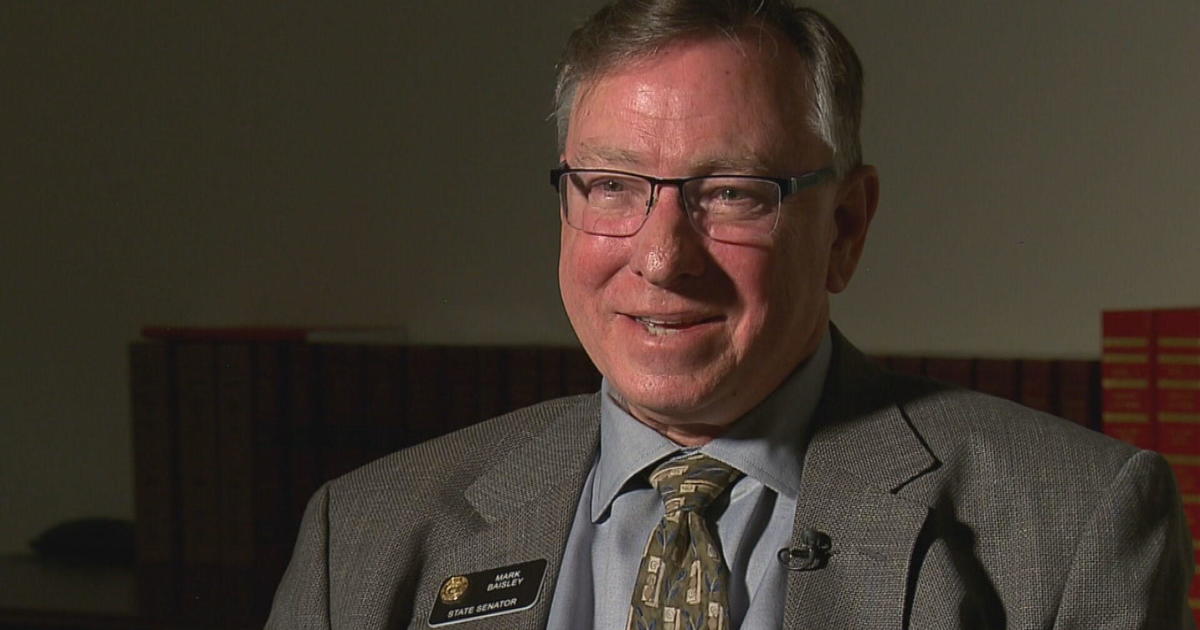Driving While Stoned Measure Heads To Governor's Desk
DENVER (AP) - Colorado's long, tortured debate over stoned driving came to a quiet end Tuesday when the state Senate gave final approval to a blood-limit standard they'd rejected several times before. The vote sends the driving-high measure to the governor's desk, who has long advocated for Colorado to join other states and set a blood level to determine marijuana impairment behind the wheel.
Colorado is one of only two states to allow adult recreational use of the drug, and sponsors have cited increased numbers of drivers testing positive for marijuana as evidence the drug is spreading and needs a simple analogy to blood-alcohol standards.
However, concerns about skimpy data and possible wrongful convictions stalled the proposal for three years. Tuesday's final Senate vote of 24-11 came after the chamber twice this year rejected the same standard. The final version states that juries can assume someone is impaired by marijuana if their blood contains more than 5 nanograms per milliliter of THC, marijuana's psychoactive ingredient.
On the blood-standard's final debate, the proposal's longtime champion, Republican Sen. Steve King, argued that marijuana legalization last year makes the driving standard more important. It's not, he insisted, an attempt to ensnare legal pot users.
"Colorado has voted. The people have spoken. I get that," King said about marijuana Monday. The Senate did not debate the measure Tuesday before it won final passage.
Senators saved their breath Tuesday for lively debates over how to tax and regulate pot.
A proposed pot-purchasing limit of one-fourth of an ounce for non-residents was retained despite attempts from a bipartisan group to say that visitors can buy as much pot as Colorado residents, 1 ounce in a single transaction.
Republican Sen. Vicki Marble of Fort Collins compared the visitor marijuana purchasing limit to telling adult visitors how much beer they can buy.
"You can see how ludicrous this part of the bill really is," Marble argued.
Senators turned down the idea after sponsors argued that the purchasing limits would send a message to Colorado's neighbors and the federal government that efforts are being made to prevent legal pot from leaving the state.
Sen. Randy Baumgardner, R-Hot Sulphur Springs, said purchasing limits may be a necessary annoyance "so the federal government will not step in and take over."
Colorado and Washington are still awaiting a federal response to their votes last year to defy federal drug law and allow adults over 21 to use marijuana without a doctor's recommendation.
Senators made only slight tweaks to the pot regulation bill, adding provisions such as a ban on government-owned marijuana grows or stores, as contemplated in at least one Colorado town. Senators also approved a ban on mobile dispensaries, banning the prospect of "pot trucks" able to roam cities dispensing weed like tacos.
"You can't drive around the city in a bus and call yourself a store," said Sen. Cheri Jahn, D-Wheat Ridge.
On taxes, the Senate stuck with House tax rates in excess of 25 percent on the drug, including a 15 percent excise tax for school construction. The rest will be used to pay for marijuana regulation, from product safety enforcement to staffing Colorado's new Marijuana Enforcement Division.
The Senate kept the tax rates at 25 percent, in addition to local and statewide sales taxes. But first, senators debated the pros and cons of taxing marijuana at a high rate.
Democratic Sen. Matt Jones of Louisville argued that voters wanted high taxes when they approved the drug.
"Pass it and tax the heck out of it ... that was a familiar refrain," Jones said.
Others argued that voters legalized pot as a blow to criminal drug dealers, which could persist if taxes are too steep.
"We are encouraging people to stay in the black market through this," argued Republican Sen. Owen Hill of Colorado Springs.
The marijuana tax and regulation measures ultimately won approval on unrecorded voice votes. Final votes are required on Wednesday, the final day of this year's legislative session.
LINK: House Bill 1325
- By Kristen Wyatt, AP Writer
(© Copyright 2013 The Associated Press. All Rights Reserved. This material may not be published, broadcast, rewritten or redistributed.)



